Gustavo Petro, the new leftist president of Colombia, plans to fully implement the 2016 peace accords that ended the decades-long civil war, to drastically reduce the country’s 40% poverty rate, and introduce a new national healthcare system. Gimena Sanchez of the Washington Office on Latin America joins Greg Wilpert on theAnalysis.news.
Greg Wilpert
Welcome to theAnalysis.news. I’m Greg Wilpert. In a historic presidential election, Colombians chose the former guerrilla member and leftist political candidate Gustavo Petro as their new president during the June 19 runoff election. This is the first time in many decades that a leftist candidate won Colombia’s presidency. Petro and his Afro-Colombian running mate, Francia Márquez, narrowly beat the right-wing populist Rodolfo Hernández with a margin of 3% of the vote. A 58% turnout was slightly higher than during the first round when 55% of eligible voters took to the polls.
Joining me to analyze the election result is Gimena Sánchez. Gimena is a Colombian human rights advocate with the Washington Office on Latin America and joins me from Cali, Colombia. Thanks for being on theAnalysis.news again, Gimena.
Gimena Sánchez
Thank you for having me again.
Greg Wilpert
So, first of all, just how significant is Gustavo Petro’s election to Colombia’s presidency? What does it mean? What do you think?
Gimena Sánchez
Well, this is a complete paradigm shift because, for 200 years, the traditional parties in Colombia have governed the country, really focusing on their own interests, which is perhaps 10% of the population. This victory really shows two things. One, it shows that it’s the first time that you’re going to have a president and vice president that really reflects the concerns and needs of the majority of the population, of the rural population, of the urban poor, and of that whole part of Colombia, which has always been called the periphery of Colombia. Although, it is really the central part of Colombia in a position of power where they might actually be able to implement things that benefit the majority of the country, not just a few.
Greg Wilpert
When we spoke last a few weeks ago, following the first round of the presidential election, it seemed unlikely at that moment that Petro would be able to overcome the combined votes of the right-wing candidates, Rodolfo Hernández and the conservative mainstream candidate, Federico Gutiérrez. Together they had something like 52% of the vote at that time compared to Petro’s 40.3%. At the time, you seemed rather skeptical that Petro would be able to overcome this combined right-wing vote, but in the end, he did by 3%. What happened?
Gimena Sánchez
Well, I was very skeptical because the Right in Colombia has played very dirty over many years. For me, Rodolfo Hernández was really their plan B, and I wasn’t sure to what extent they would go to guarantee that Petro wouldn’t win. I think it was a wonderful surprise that that didn’t happen. It’s also a wonderful surprise that the elections went incredibly smoothly. We had maybe two incidents of violence, but in general, things went incredibly well.
So I think what happened was that when Colombians were faced with a candidate that was an outsider candidate, where you had absolutely no idea what he was going to be representing, somebody who was insulting different people, who obviously was saying that the law doesn’t even matter to him, who was unwilling to debate and wasn’t even in the country because he was in Miami, I think that Colombians were like, well, that’s really not an option for us. Also, he was heavily questioned for corruption when he himself was running on an anti-corruption mandate. Petro has had very detailed and outlined policy proposals for a while now that have even taken into account the concerns of people who are not from the traditional [inaudible 00:04:16], and really trying to think in terms of consensus building. I think that Colombians have more faith in something that they know will go a certain way. So a lot of it was that.
I also think another part of it was the mass presentation of international and national observers in the country. I think there’s been no other cycle of elections where you’ve had so many eyes from the outside watching everything that is going on, which made it almost impossible for fraud to take place without it being reported. So I think the combination of all of those factors has a big role in addition to the fact that people are very indignant and tired of politics as usual in this country. I think 2016 with the Peace Accord was a major transformational shift mentally for people. They were expecting some big changes to happen. Those didn’t happen. They got politics as usual and even a retro session in terms of security and so forth. They were really tired. They’re like, no, we want a government that is going to actually provide for the people in the country. That’s basically what we’ve seen happen, but it is fundamental because this has never ever happened in Colombia before.
Greg Wilpert
Now, what do you expect Petro will do? In his acceptance speech on the night of his historic win, Petro said he wants to govern with the politics of love. What does he mean by that? What are his priorities for the presidency, which would begin this August and last for four years?
Gimena Sánchez
Colombia has been plagued with hatred and with polarization for many, many years. It’s always been, if I have power, let me undermine everybody else who’s opposed to me or even criticizes me. I think what he means by love is an effort to try to coexist with the different forces in the country and try to come up with solutions that are probably going to be more progressive than what Colombia is used to, but also take into account all of the different sectors. I think what he’s trying to say is that he will be reaching out to the different factions in the country that are probably very upset that he won. That builds a consensus that goes beyond the left-right paradigm that we’ve seen for so many years here.
Greg Wilpert
Can you say a little bit more about what he has put into his program? What would be his legislative priorities?
Gimena Sánchez
Okay, so I think the number one winner of these elections and a priority in his programming is going to be, first and foremost, going back to 2016 and advancing the Peace Accord as it was actually signed by the parties, not this parallel peace process called Peace with Legality, which is basically just a failed effort to advance the Rights interest under the name of peace and completely undermine it. So I think that we’re going to see a shift back to a more transformational view of public policy, not just the immediate and what the Congress, at that moment, negotiates for themselves, but a broader view, more state-like policies.
Secondly, we’re going to see something that’s not going to make people happy, which is tax reform. His tax reform is going to cause some backlash. Colombia does need to have a way to gain revenue, which has been one of the biggest problems we’ve had for many years. We’re going to see a different policy in terms of human rights. He talked about reforming the military, reforming the national police, and figuring out ways for that to be an actual police force that defends its own people instead of attacking them as enemies—the same thing with the armed forces. Interestingly, I have been spending days here with sections of the armed forces that are very pro-Petr. It’s important that the international media presents the armed forces as the rightist part of the armed forces. There’s actually a huge part of it that is very tired of politics as usual because the level of corruption in the armed forces is such that those that end up taking the fall are always the regular soldiers. Whenever there are revelations of large-scale human rights abuses, which has been a problem that has plagued these armed forces for a long time, it is those people who take the fall. Those who try to change it through the special jurisdiction for peace, by truth-telling, by explaining how these abuses take place, and they are branded as traitors. I think that this idea that the armed forces are the Right and that’s something that he will probably be looking into and thinking more on. How do I professionalize these armed forces so that they are in the interest of the nation and the people and not so much an ideology? I think it is something very necessary in this country at this time, after the huge sets of abuses that we saw from the police in particular, which left people really feeling that the police forces are dangerous to them. So that’s another bit.
The other bit that he talked about extensively has been really to have a more holistic integral approach to drug policy. This means, not just at the international level, not being willing to advance things like the aerial fumigation program, which is something the U.S. has funded and is highly problematic for the environment and health and completely useless in terms of doing away with coca, which is what its main purpose is. Trying to have an approach to drug policy that takes into account the markets, the international markets, takes the financial part of it all, and the big fish, not just the small-scale rural farmer that sells the coca, which is really the weakest part of all of this in terms of financial gain. So that would also entail national reforms in terms of drug policy, which would have more of a harm reduction approach. In many ways, this is kind of in line with what we’ve seen in Colorado and other parts of the United States. I think that’s going to be a big change.
I think the change that will probably cause the most turmoil, especially for the United States, is that he will most likely open up relations again with Venezuela. Something which is absolutely crazy that hasn’t been there, given the history of these two nations and how intertwined their economies, as well as their borders, and the needs there. So I think he will try to open that up again and see whether, minimally, there can be efforts to address the tremendous problems on the border, which have to do with the multiplicity of illegal armed groups on both sides of the border. Its [inaudible] to Colombians and Venezuelans, and also the incredible number of Venezuelans who are in Colombia, who more and more are being recruited forcibly into the armed conflict with Colombia, the security situations in Colombia, putting them basically at risk of illegal trafficking, being killed, illegal recruitment into groups and all of that. So I think that that’s going to be a big step.
The other will be his relationship and his policies, whereas the United States is going to be different, which is, I think, something that probably frightens a lot of people in Washington because they’re not sure what that’s going to look like. More than likely, we may see an effort to renegotiate aspects of the Free Trade Agreement with the United States. In particular, because the extractive industries in Colombia, first of all, economically, are not benefiting the whole of the country. They’re mostly benefiting multinationals. Not even the actual government of Colombia is getting the level of revenue it needs from its own resources. More than that, because of the environmental impact of a lot of these industries, we may see, in essence, renegotiate aspects of it and shift that around. Now, this is not a radical thing. This is what Mexico did as well with NASA. We see that these Free Trade Agreements globally for all are the way to make economies boom when, in reality, that hasn’t been the case. It hasn’t been delivered to most of these countries. I think that will follow that same trend.
Aside from that, I don’t think the relationship with you guys is going to be that much different in terms of the U.S. and Colombia, who have had a very extensive relationship. They celebrated their 200 years. However, it may not be so much a militaristic relationship or one where Colombia is basically subservient to what the United States needs on the global stage as this government and other Colombian governments have been. But one perhaps where there may be more respect towards Colombia and more independence from the part of Colombia and sovereignty on some of the issues that are taken with things like extradition.
Colombia still remains the country where most people are expedited from and to the United States. This may change. Perhaps the effort will be placed on actually building a justice system within Colombia that can handle people who commit grave crimes and that they actually are sanctioned here in the country, rather than just taking them out of the country and undermining the judicial system here. So I think that we’re going to see many things of that nature. Maybe we will have a more honest conversation about environmental issues.
[Iván] Duques government has lauded itself as being pro-environment, which is probably the furthest thing that it’s been. Still, it’s engaged in a major marketing campaign internationally to appear to be doing all these things for the environment, when in reality, that’s not the case. Perhaps now, given that we have a Goldman environmental winner as well as a completely different, more integral look at the environment, we may actually have environmental policies that are more mutually beneficial for the world, but especially for the parts of the Amazon that belong to Colombia, which have greatly suffered in recent years. In a sense, because the conflict ended with the FARC’s [The Revolutionary Armed Forces of Colombia], that opened up a lot of those areas to many different interests that before the conflict itself, because of insecurity, didn’t allow in.
We may see a much better discussion, and Colombia may become more of an actual example of how you can be a country that’s incredibly biodiverse and can use that as a potential rather than just as an economic package for resources for countries from the outside. This would be really important because, as we all know, the situation in Brazil has become incredibly critical, and South America needs leadership in terms of environmental issues at this point.
Greg Wilpert
Just to explain to our viewers, the Goldman environmental winner that you’re referring to is Vice President Francia Márquez, who is on Petro’s ticket and is now going to be Vice President. Everything that you described sounds extremely ambitious, actually, especially if you consider that the Colombian presidency lasts four years, which is the same as in the U.S., but it’s only one term. Unlike the United States and also unlike several other countries in Latin America, where they are often five or even six years. On top of it all, Colombian politics is notorious for its political violence. I mean, hundreds of political activists are still assassinated on a regular basis every year by paramilitary forces that are still in existence in Colombia and often have a history of working together with Colombia’s military. Do you think that Colombia’s elite and these extremely violent right-wing forces will actually allow Petro to govern? What about his correlation of forces in parliament? Will that allow him to govern? What do you think?
Gimena Sánchez
Well, I think that the Right in Colombia is going to do everything in their possible power to undermine and not allow him to govern. Unfortunately, I think that a lot of that is going to be involved by placing themselves more into the international arena and very specifically Washington DC to try to bend [Joe] Biden’s ear for what they think should be done to create obstacles to changes that Petro would be proposing that they see as undermining their interest. I have no doubt that that’s what they’re going to do because that’s already what they’ve been doing up until this point. Creating a lot of fear-mongering, going into prejudices, associating even the Petro campaign with [inaudible 00:18:53] Venezuela, trying to align Colombia into this Cold War mentality, ideological divide that supposedly threatens the United States. They’ve already been doing that. They’re going to continue to do that. So I think that the number one obstacle for Petro will be whatever they’re able to get the United States to buy into and try to use against him and what actions are taken regarding that.
Secondly, in the Congress, the [inaudible 00:19:27] has expanded tremendously, but there are all these other traditional political parties, and those parties are there in the interest of those economic and political elites. So we’re going to see quite a bit of a battle there, similar to what we saw, I guess, with [Barrack] Obama and the Tea Partys. How I envisioned that this is going to be like anything that Obama said was immediately something that they were opposed to just on principle, regardless of what it was. I think we’re going to see that, and I think that’s going to be the biggest obstacle for governance for Petro. I think there’s going to be a lot of convincing that needs to be done with the general population to then convince their own representatives, even though Colombia’s representatives aren’t as representative as in the United States. However, I think that he’s going to have to utilize that popular vote and mandate that he’s gotten in his favor to push the other interests in the country.
Now with security, the FARC’s demobilized, that’s one big part, but those aren’t the only illegal groups in the country. He said he would open up negotiations again with the ELN [National Liberation Army], which would be vitally important in certain parts of the country. But more than that, the major issue in terms of security that is behind all the killings of social leaders in particular, in which more than thousands have been killed since the signing of the accord and continue to be killed today, are these regrouped, paramilitary organizations which there are many. For those groups, he basically said that he would reach out with some kind of an offer for them to demobilize and be able to get incentives in terms of justice. What I mean by this is basically favorable terms to demobilize, making it so that they are not active.
That said, even just having an agreement with the ELN in terms of advancing that accord that’s going to lower the level of violence tremendously because you will probably have situations in the country. After all, it’s considered to be that the ELN is not actively fighting because it’s negotiating that you won’t have as much at least combat between the illegal armed groups, the military forces and the ELN in some of these regions. That already is going to be a major boost in terms of securing the situation for civilians in those areas. When those situations happen in this country, the pressure that’s on social leaders diminishes tremendously, and there is a decrease in internal displacement and things like that. So I think that that would be the way to go. That’s not going to be easy. That’s not going to be well-liked. There is no real good solution to getting rid of these illegal structures. All of them are bad. If he can convince some of them to not only demobilize but also create a scenario where the actual Peace Accord gets implemented, whose entire purpose in a lot of these areas is to create the economies, the infrastructure and the alternatives to illicit economies of which elicited security is part of that economy, you may actually have people doing different things.
You have to understand that a lot of this insecurity, aside from it being ideological and so forth because of the history, is also out of need. People need to survive, and they join these groups willingly or unwillingly to be able to put food on the table. So if we’re able to have a combination of things together, and it’s not going to be right away, there’s going to be transitions, there are going to be moments as things change where it may be more violent for a period, but eventually it’s less violent. You may actually see some transformational change in a lot of these areas, but in the end, it will be better in terms of security.
Greg Wilpert
Well, let’s hope you’re right, and definitely, it seems like a very promising development. We’re going to leave it there for now, though. I was speaking to Gimena Sánchez, human rights advocate at the Washington Office on Latin America. Thanks again, Gimena, for having joined me today.
Gimena Sánchez
Oh, thank you.
Greg Wilpert
Thank you to our listeners and viewers for tuning in to theAnalysis.news. If you like our videos or podcasts, please make sure to visit theAnalysis.news website and make a donation there so we can continue providing the service. Don’t forget to subscribe to our YouTube channel and or to the podcast.
Podcast: Play in new window | Download | Embed
Subscribe Apple Podcasts | Spotify | Android | iHeartRadio | Blubrry | Email | TuneIn | Deezer | RSS
Never miss another story
Subscribe to theAnalysis.news – Newsletter
“Gimena Sánchez-Garzoli is the leading Colombia human rights advocate at the Washington Office on Latin America (WOLA). Ms. Sánchez is an expert on peace and illegal armed groups, internally displaced persons, human rights and ethnic minority rights. Her work has shed light on the situation of Colombia’s more than seven million internally displaced persons—as well as help expose the links between Colombia’s government and drug-funded paramilitaries. She is active in promoting labor rights and implementation of the U.S.-Colombia Labor Action Plan. In November 2012 the Colombian Senate presented WOLA with a human rights award for making a significant contribution towards advancing labor rights in recognition of Ms. Sánchez’s work. She’s received numerous awards for her work on behalf of ethnic minorities including in 2014 by the DC Mayor’s Office and 2015 the Catholic Diocesis of Quibdó.”

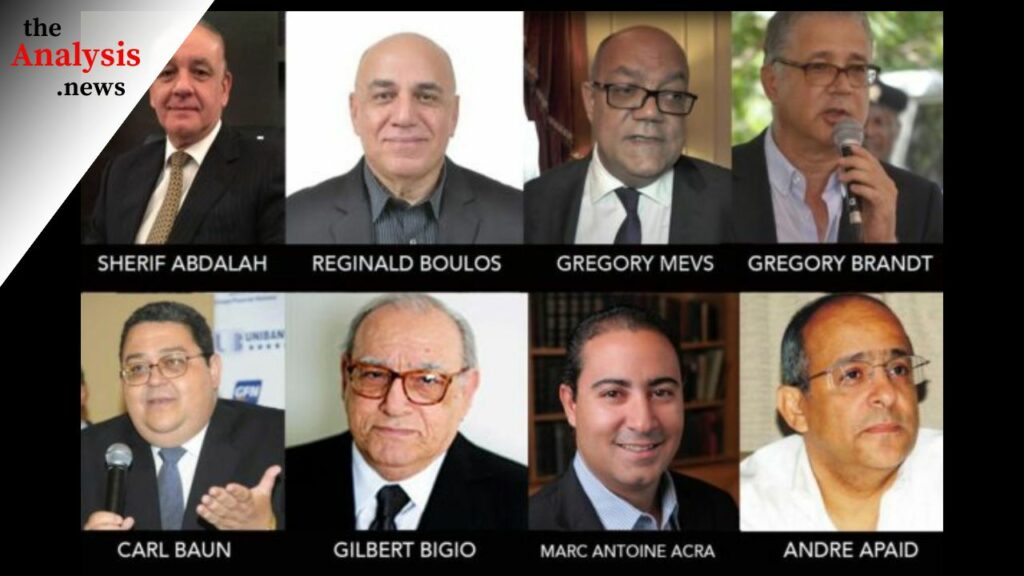
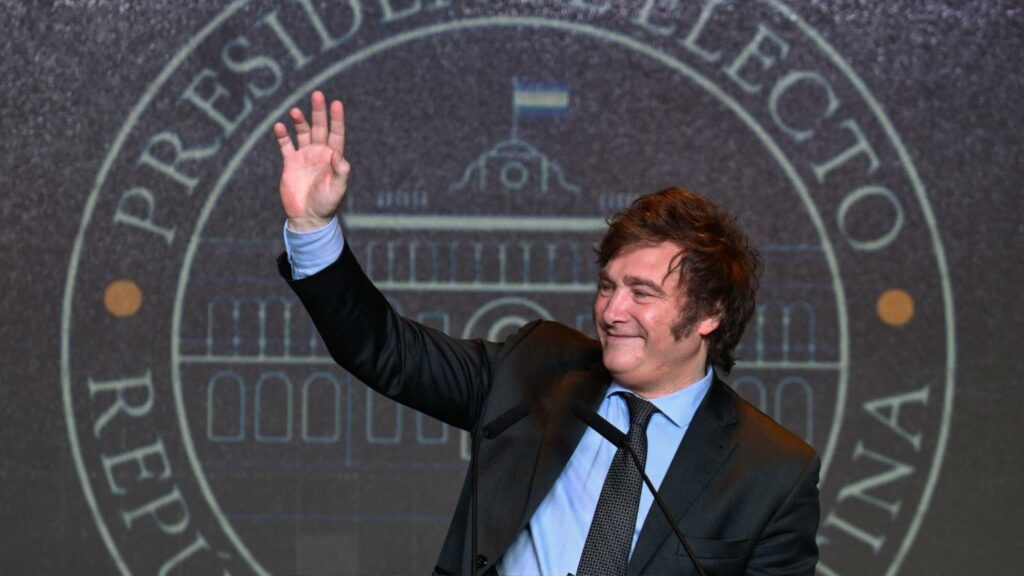
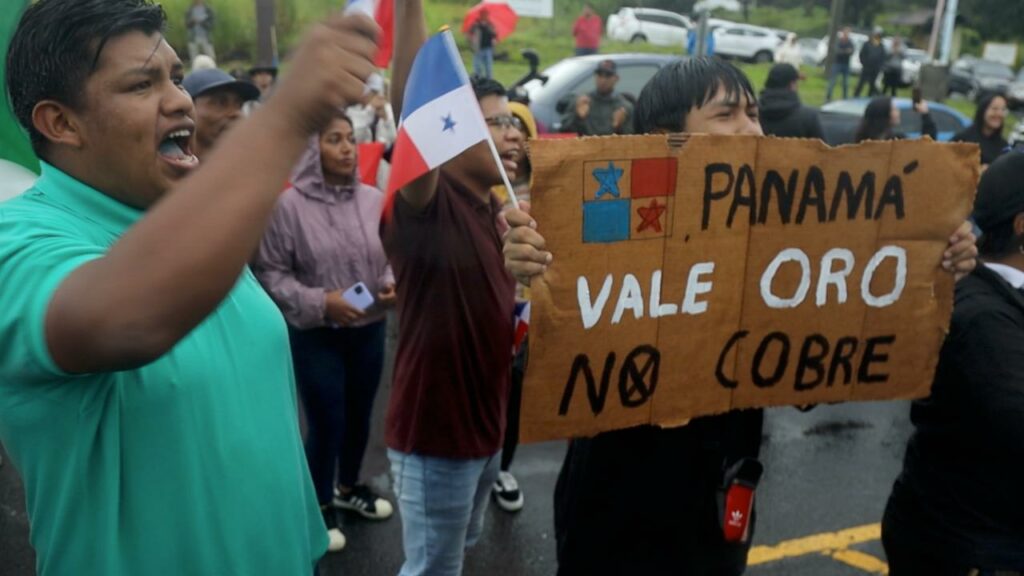
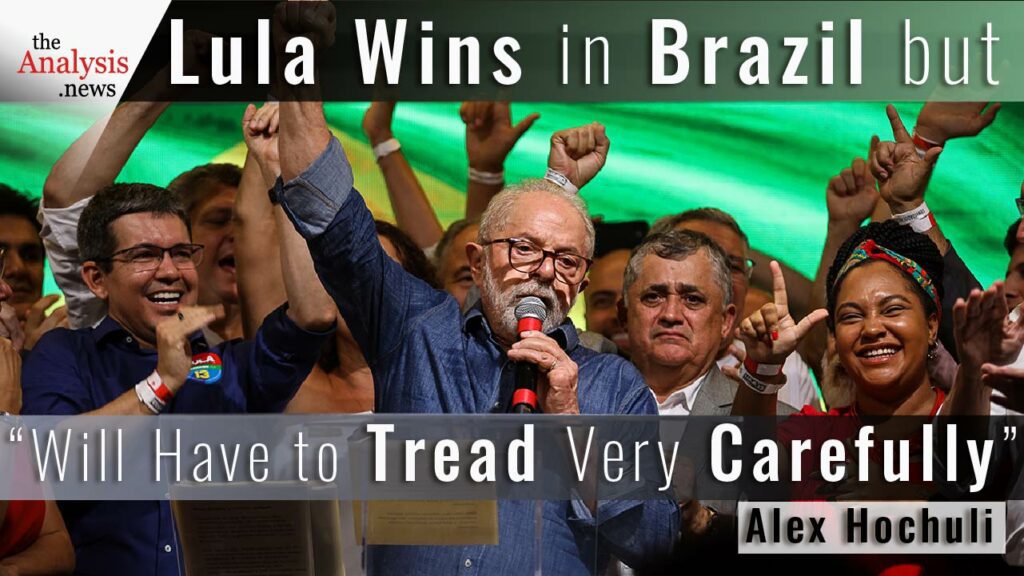
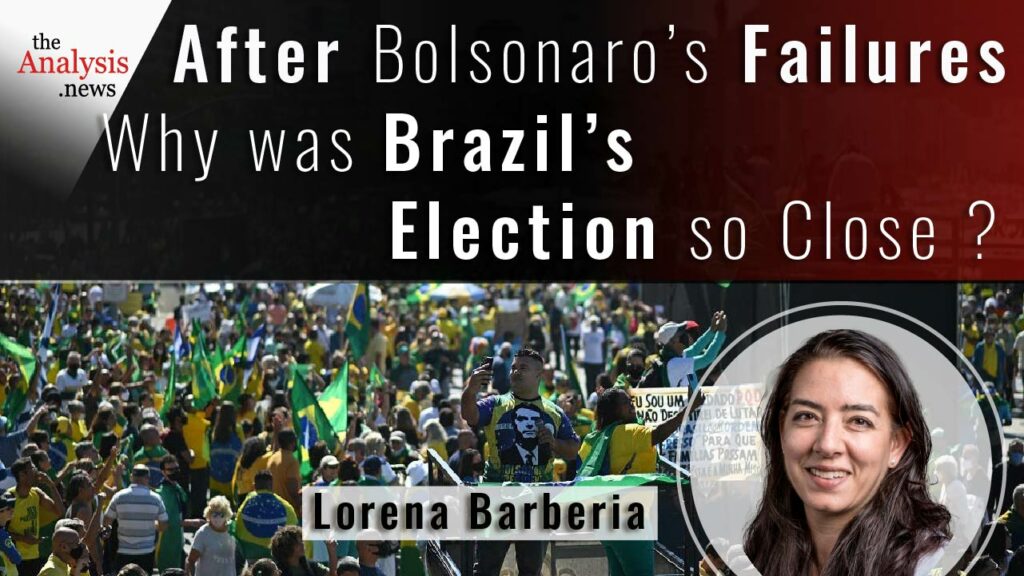

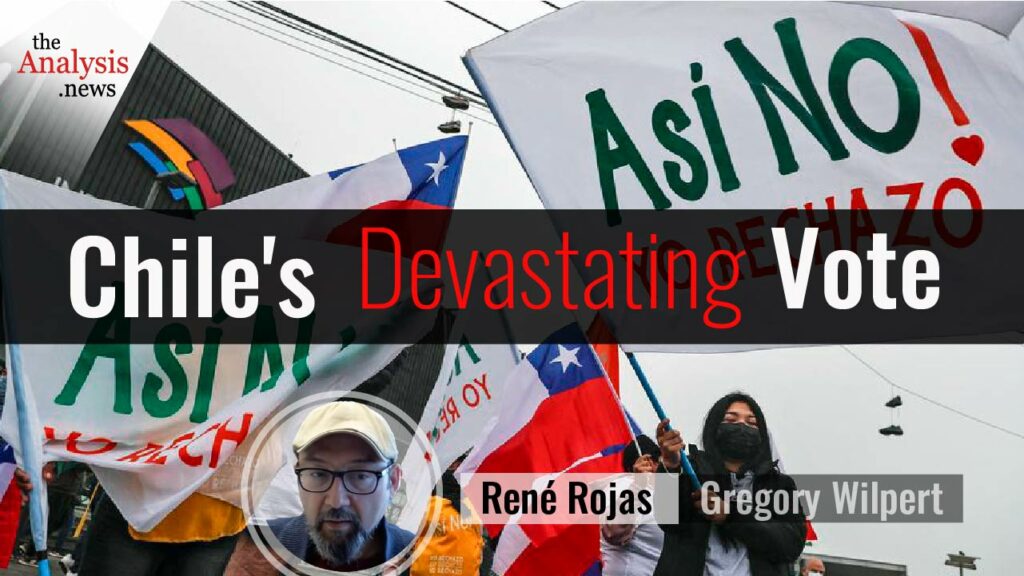
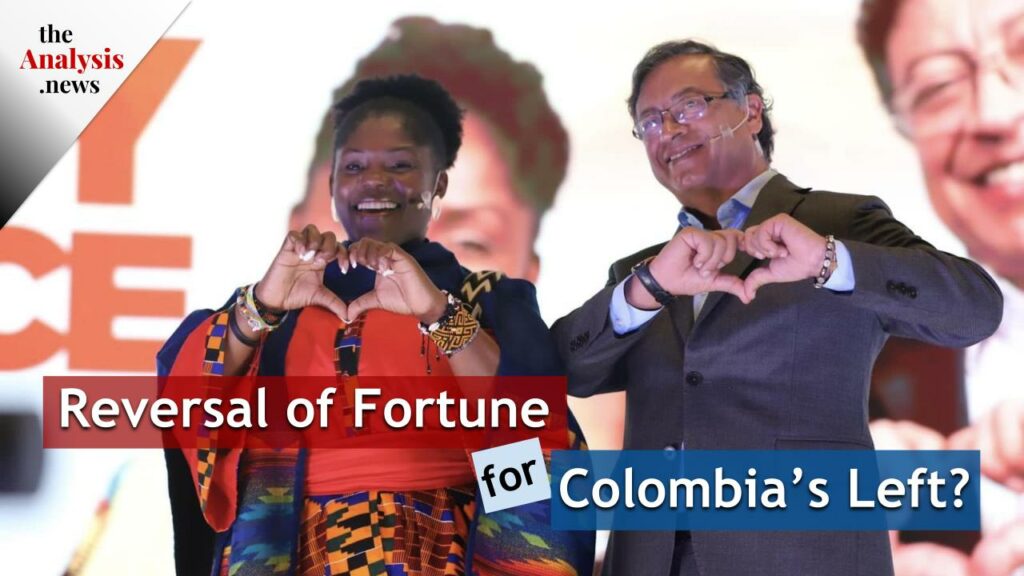
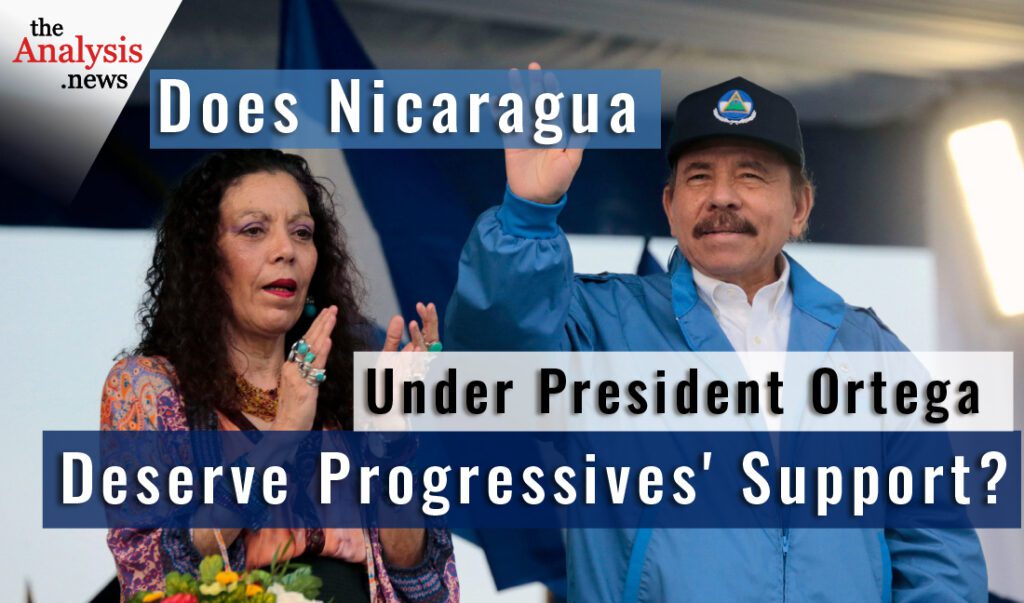
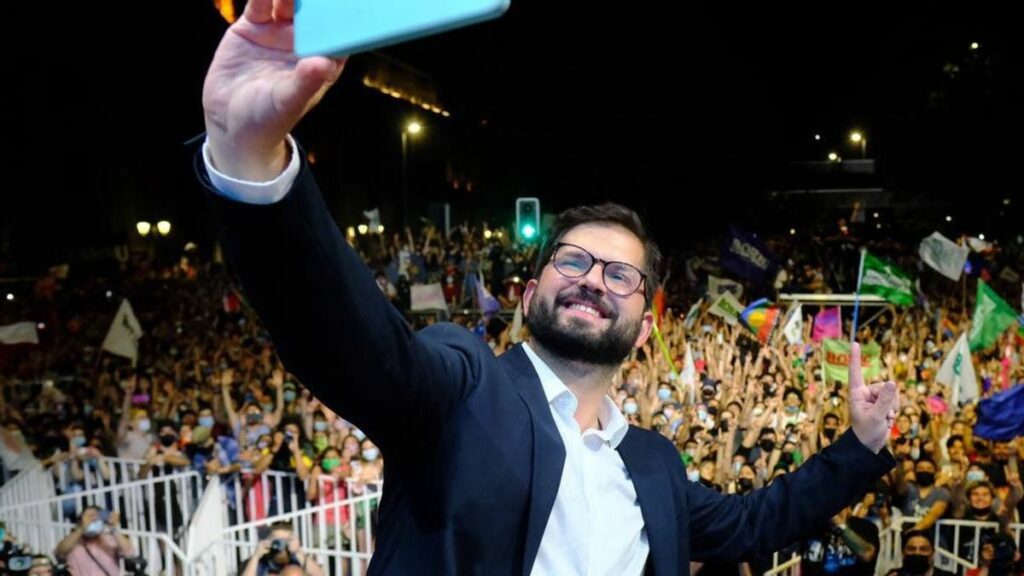
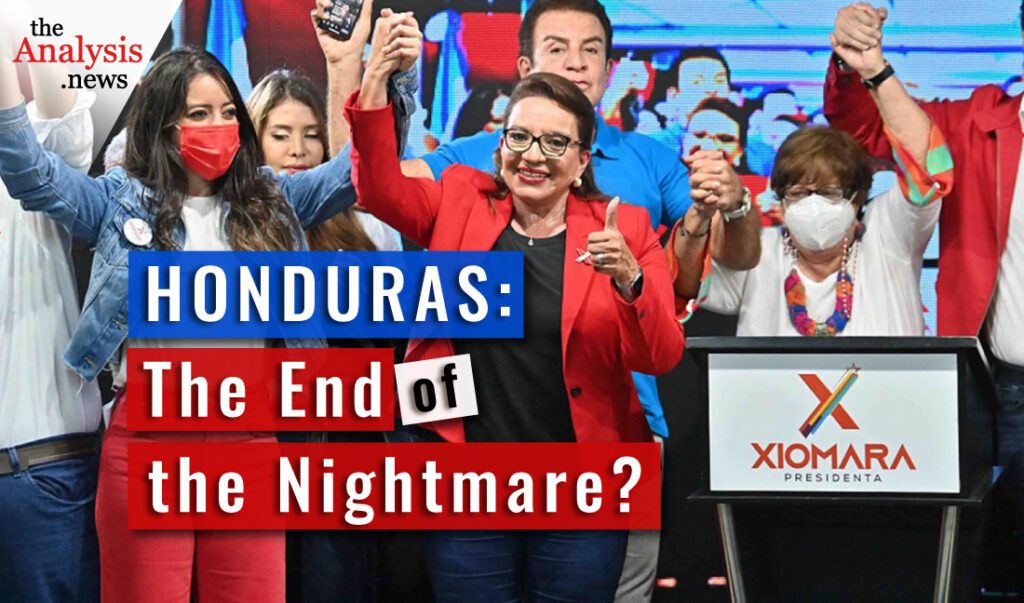
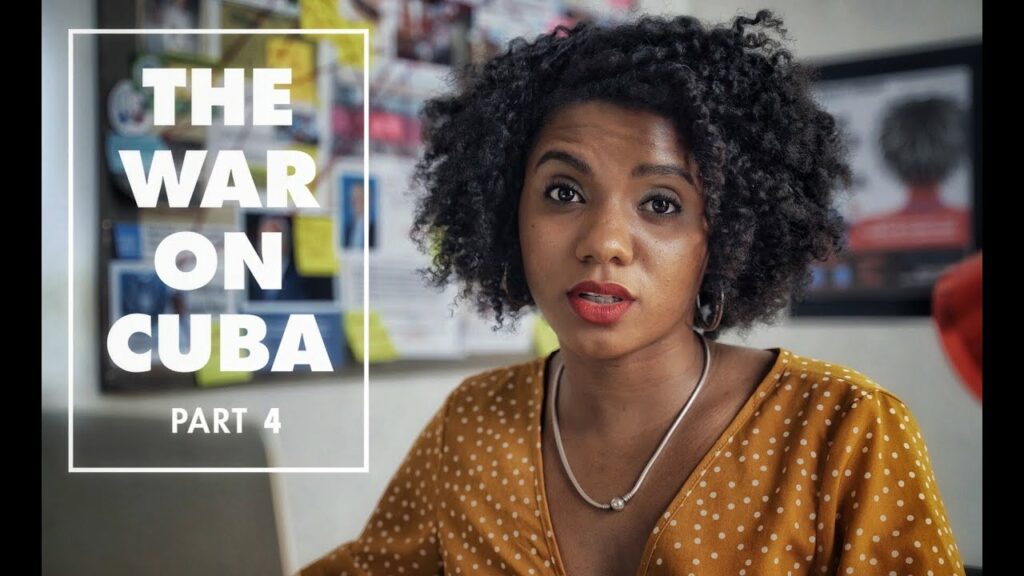

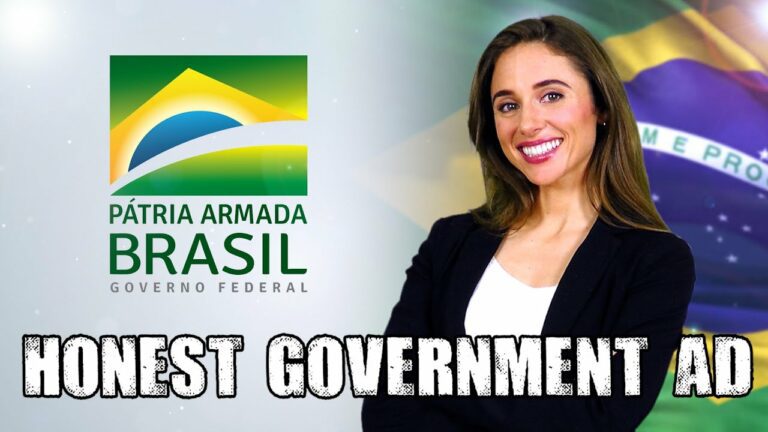
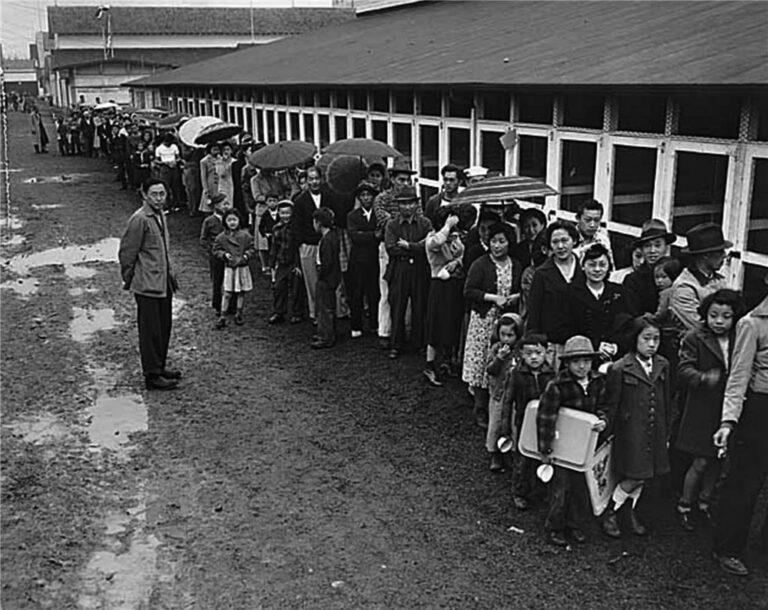
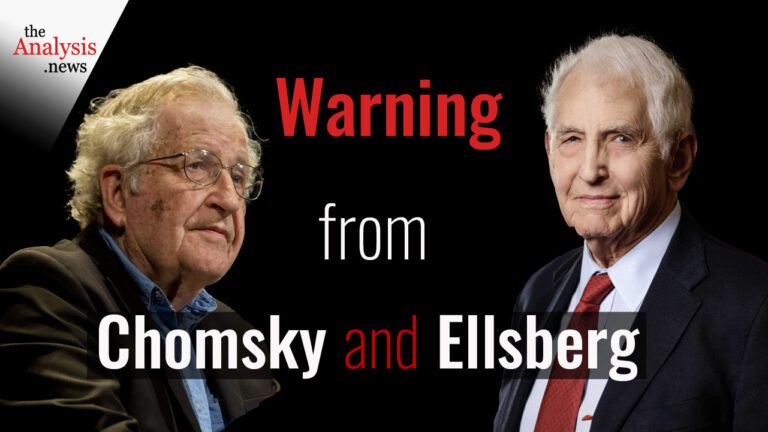
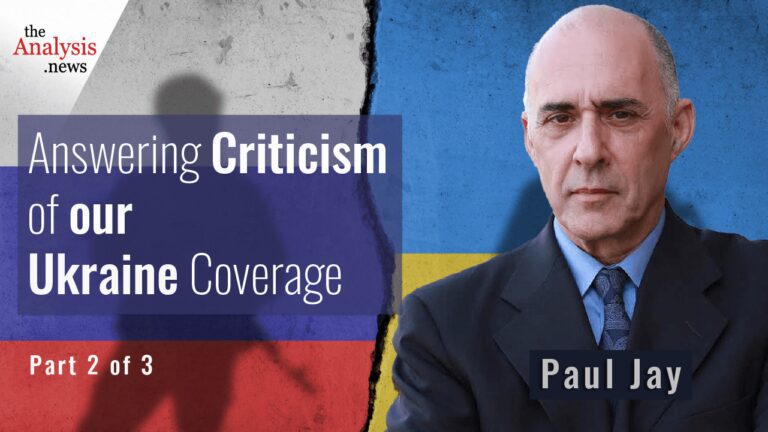

Score one for the good guys. Now. let’s hope the US doesn’t send in the Marines.